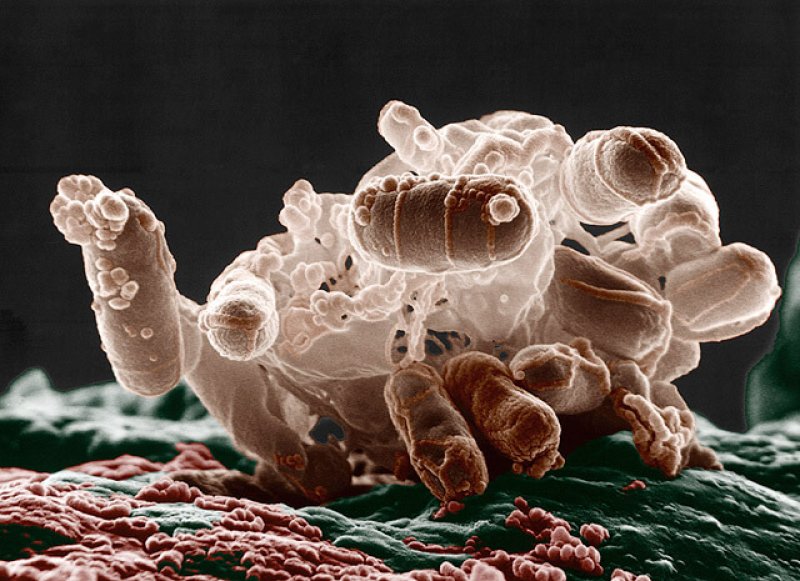The GLP aggregated and excerpted this blog/article to reflect the diversity of news, opinion and analysis.
In a paper out in August, a team of scientists led by synthetic biologist Christina Smolke at Stanford University describe two genetically engineered yeast strains that metabolize sugar into opioids. While the risk of home-brewed heroin posed by these yeast strains is small—the opioid yield is very low, and, instead of morphine, the yeast make opioids that are harder to process into heroin—the implications of this work are large. These genetically engineered microbes are part of a major technical advance that could change how we make, distribute, price, and regulate drugs.
Home-brew heroin grabs headlines, but DIY illegal drugs are only one of the potential consequences of a new generation of pharmaceutical-producing microbes. One major consequence is that, while developing these microbes is still hard (the Stanford researchers spent more than 10 years developing their strains), distributing and culturing them is easy. Growing large batches of bacteria and yeast is cheap, fast, and insulated from the large fluctuations in costs associated with bad growing seasons for poppies and wormwood. Additionally, these microbial chemical factories can be copied by putting a few drops of cell culture on a confetti-sized piece of filter paper.
Read full, original post: Why the Future of Drugs Is in Genetically Engineered Microbes































